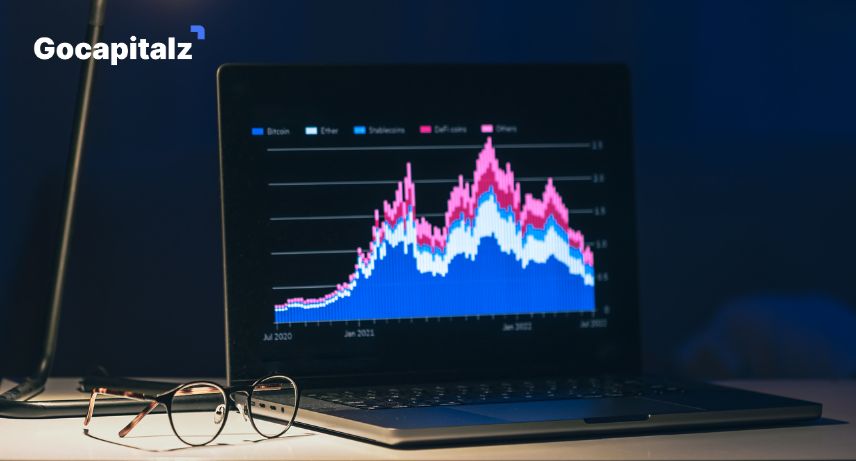CIBIL Score: Check, Dispute, and Improve for Loans

When it comes to the approval of loans and credit cards under your name, your CIBIL score is one of the primary criteria. This is known as creditworthiness, which is measured based on your repayment pattern with respect to loans, credit card usage, and other similar factors. Before disbursing loans to you, loaners usually make risk models based on the scores. Thus, a good CIBIL score significantly increases the chances of loan and credit sanction.
Understanding CIBIL Score
This score varies from 300 to 900. The higher the scores, the better it becomes for your creditworthiness. For loan approvals, any score above 750 is quite ideal. Your CIBIL scores are generated on the following criteria:
- Payment History: Timely payments boost the score, whereas delayed payments or missed payments degrade it.
- Credit Utilisation: The lower percentage of credit utilisation positively affects the score.
- Credit Mix: A good credit mix, which includes a mix of secured and unsecured loans, such as home loans and credit cards, helps drive good scores.
- Length of Credit History: The longer the credit history is, the more it boosts the score, provided there is positive repayment behaviour.
- Recent Credit Inquiries: Frequent inquiries have been known to indicate potentially credit-hungry behaviour, which can lower your score.
How to Check Your CIBIL Score?
With regular checks on the CIBIL score, you get to know your financial health and stay updated about your credit standing. Here is how you can check your CIBIL score:
- First, visit the official website or a reputable third-party website.
- Sign up if this is your first time; otherwise, log in if you already have an account.
- Enter Mandatory Details: You would need to fill up details like the PAN card number and date of birth, etc
- Identity Verification: Complete the authentication process.
- View Your CIBIL Score and Report. See your CIBIL score and all the report details at a glance.
Free CIBIL Score Check: Many service providers offer free CIBIL score checks. Knowing your score well will help you address any disparities in it as soon as they arise.
About The CIBIL Report
This report from CIBIL gives a complete view of your credit history. It contains the following:
- Personal Details: Name, date of birth, and address.
- Account Details: All your loans and credit cards with their current balances and payment history.
- Enquiries: Inquiries about your credit history from lenders lately.
You can catch evasions or fraudulence if you review your CIBIL report regularly. And it keeps you updated on your credit profile.
How to Raise a CIBIL Dispute?
Errors in your CIBIL report can reduce your score and may even negate loan offers. You must file a dispute with CIBIL once you discover any inconsistencies in your reports. Let’s see how to file a dispute.
- Log in to Your CIBIL Account: Log in to your account on the website of CIBIL.
- Identify Errors: Go through your report and write down all the errors.
- Raise a Dispute: Go to the dispute section and select the relevant issue.
- Share Details: Give a clear description of the error and submit supporting documents if required.
- Check Dispute: Track the status of your dispute through the portal.
Common errors that may require a CIBIL dispute are incorrect personal details, incorrect account information, and numerous duplicate credit entries.
Tips to Enhance Your CIBIL Score
Improve your CIBIL score with consistent, responsible financial activity. Here’s how you could do it effectively:
- All your EMIS related to loans, as well as on credit card statements, must be settled before the respective due dates.
- Maintain a low credit utilisation ratio. Use all your credit cards, but only up to 30% of the credit limit.
- You must minimise loan and credit card applications to minimise inquiries.
- Check your CIBIL report for errors and raise disputes if any errors are found.
- Maintain a healthy credit mix by balancing secured and unsecured loans for a good impact on your score.
- Carefully close unused accounts: Closing old credit accounts may reduce the length of your credit history, which can also affect your score.
Loan for low CIBIL Score
A low CIBIL score can disqualify you from traditional loans, but you are not at the end. Some alternatives are:
- Secured Loans: Loans against collateral, such as gold loans or loans backed by a fixed deposit, are easier to obtain even with a low CIBIL score.
- NBFCS and Fintech Lenders: Non-banking financial companies and digital lenders have more liberal credit parameters.
- Co-Applicant or Guarantor: The chances of a loan being approved rise when a co-applicant has a high CIBIL.
- Credit Builder Loans: Some banks and financial institutions offer loans to improve your CIBIL score.
Although all these options are available, the best way to improve your score is to have better loan terms in the future.
Conclusion
The CIBIL score is the most crucial part of your financial health. Periodic checks on CIBIL scores, raising a CIBIL dispute for errors found early, and continuous efforts to improve, which can increase loan eligibility and strengthen financial stability. Good credit habits help maintain healthy scores for availing loans and other credit products on favourable terms.






